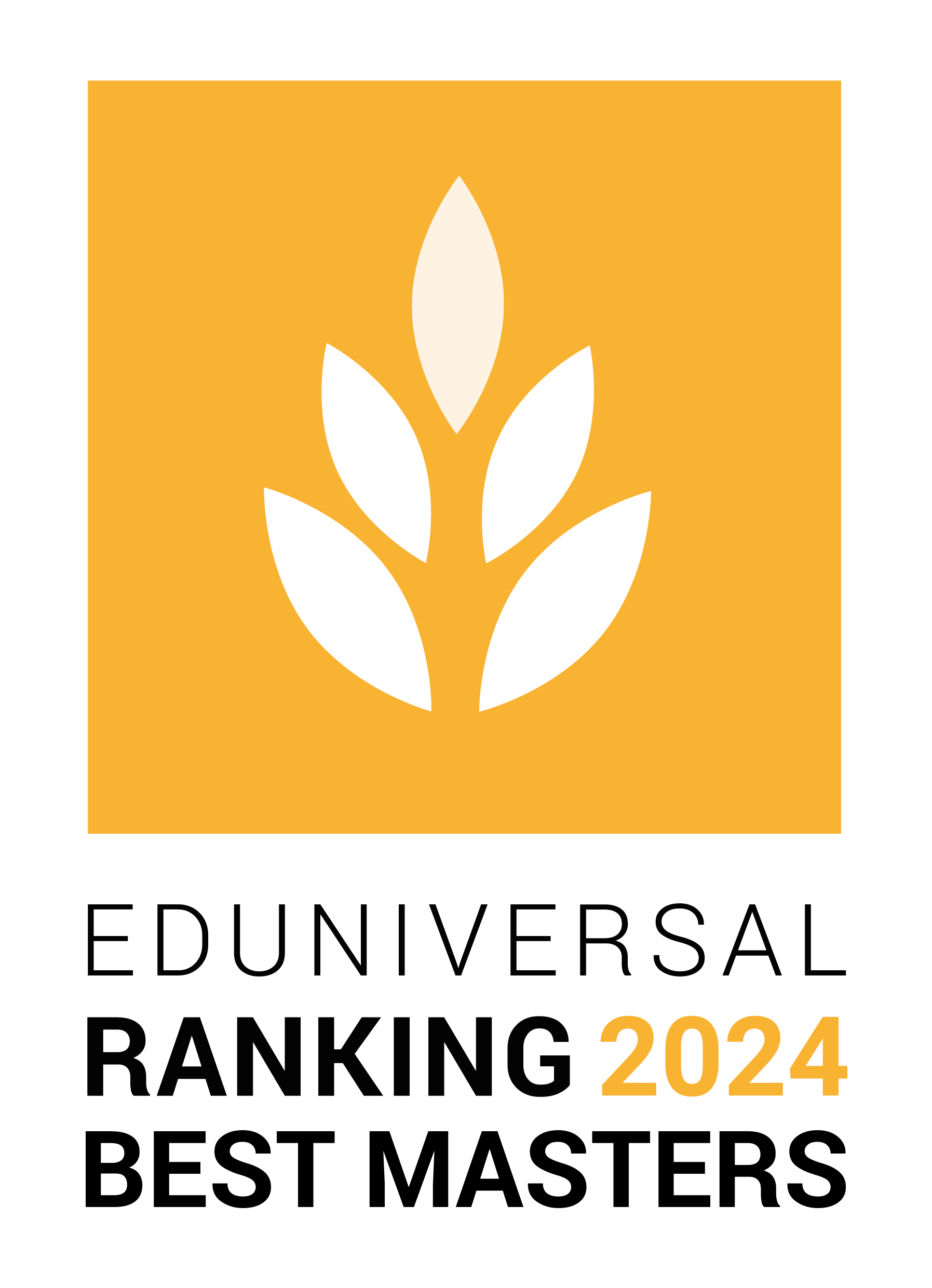- Home
- About
- Business Schools Ranking
- Selected schools
- study abroad
- Awards
- Contact
Study in Kenya
Kenya Statistics

Geography-Population
Capital: Nairobi
Area: 580,367 sq km
Climate: varies from tropical along coast to arid in interior
Population: 41,070,934 (July 2011 est.)
Languages: Kiswahili (national), English (official), numerous local languages
Government-Economy
Government type: republic; multiparty presidential regime
Independence Day: 12 December 1963 (from the UK)
Currency: Kenyan shillings (KES); 100 KES = 1.20 USD; 1 USD = 83.66 KES
GDP: $65.95 billion (2010 est.)
GDP – per capita (PPP): $1,600 (2010 est.)
Information for Foreign Students in Kenya
Obtaining a Visa
It is required by all foreigners, except for Cyprus nationals. In order to have further information, we advise you to contact the Kenyan embassy in your home country or to check the website.
Kenya Embassy in the USA www.kenyaembassy.com
Kenya High Commission in the UK www.kenyahighcommission.net
Housing
Link for hotels in Mombasa: http://www.iexplore.com/hotels/Kenya/Mombasa
in Nairobi: http://www.iexplore.com/hotels/Kenya/Nairobi
Student accommodations: http://www.ku.ac.ke/casb/
http://www.studentaccommodationone.com/SearchProperty.aspx?country=KE&city=Nairobi
Health
Health insurance is essential. Part of the African Medical and Research Foundation, the Flying Doctor Service have introduced a special Tourist Membership, which guarantees that any member injured or ill while on safari can call on a flying doctor for free air transport (website: www.amref.org). There are good medical facilities in Mombasa and Nairobi.
Money
Almost every bank now has an ATM, and they are increasingly being installed at petrol stations.
American Express, Diners Club, MasterCard and Visa are all widely accepted. Major hotels now also accept payment by credit card, as do major safari companies, travel agencies and restaurants
Transportation
Coach: Scandinavia Express www.scandinaviagroup.com this company runs coaches between Nairobi and Mombasa and Dar es Salaam (Tanzania) and Nairobi and Kampala (Uganda).
Buses run regularly between most cities and towns, and also run across the borders to Uganda, Tanzania and Ethiopia. Regular buses cover the longer routes and tickets are bought from kiosks at the bus stations, while shared minibuses (matatus) hop from town to town and fares are paid to the conductor.
Self-drive and chauffeur-driven cars may be hired from a number of travel agents in Malindi, Mombasa and Nairobi. This can be expensive, and rates (particularly the mileage charges) can vary a good deal.
International car hire companies are represented in Nairobi and Mombasa.
Phoning
Roaming agreements exist with international mobile phone companies. The main network providers are Celtel (website: www.celtel.com), which has extensive coverage in the southwest, around the coast and Mombasa, and Safaricom (website: www.safaricom.co.ke), with coverage in from Mombasa to Nairobi and in the southeast. Local SIM cards and top-up cards are available to buy everywhere.
The country dialing code is 254. Concerning internet, there are Internet cafes in major cities and hotels.
Official Selection of the Best Business Schools in Kenya
|
3 Palmes Of Excellence EXCELLENT Business School |
Rank Position in
Palmes’ League |
Deans’ Recommendation
rate 2023 |
|---|---|---|
| 1 | 148 ‰ | |
| 2 | 101 ‰ | |
|
United States International University - Chandaria School of Business |
3 | 71 ‰ |
|
2 Palmes Of Excellence GOOD Business School |
Rank Position in
Palmes’ League |
Deans’ Recommendation
rate 2023 |
|---|---|---|
| 1 | 71 ‰ |
Best Master’s programs in Kenya

Learn the ranking results of the best masters in Kenya here:
